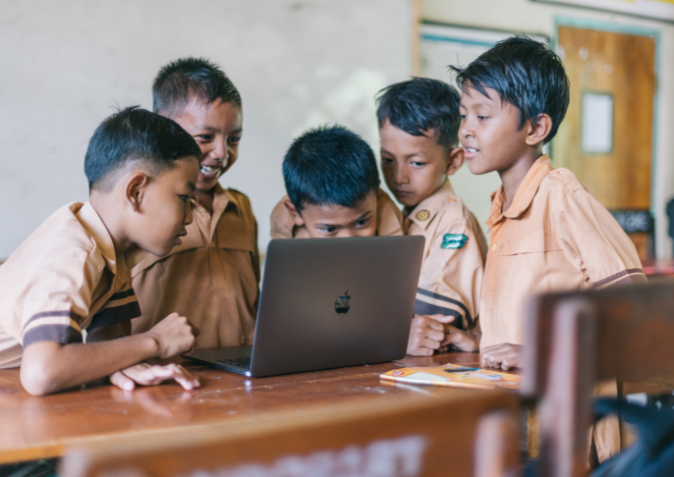Encourage healthy lives and promote well-being for all, at all ages, through positive engagement with our communities.
Within health, PTW primarily tackles preventable diseases, commonly associated with lifestyle diseases. Lifestyle diseases share risk factors with our modifiable, unhealthy habit. This could include a lack of physical inactivity, unhealthy diet and other unhealthy behaviours such as smoking. These lifestyle factors can directly result in the development of chronic diseases such as heart disease, stroke, diabetes, obesity, metabolic syndrome and several types of cancer.

Lifestyle Diseases:
For many of these conditions prevention is the best treatment, and health promotion and health literacy is the best medicine. This not only applies to chronic conditions, but also diseases preventable through vaccinations. Whilst many health conditions and diseases are not preventable, there are many that can be prevented through education and supporting healthier lifestyle choices. For example:
- Every 2 seconds someone aged 30 to 70 years dies prematurely from noncommunicable diseases – such as cardiovascular disease, chronic respiratory disease, diabetes or cancer
- Worldwide, 80% of all heart disease, stroke and type 2 diabetes could be prevented; over 40% of cancer could be prevented
- 19 million people die each year as a result of tobacco use, weight and obesity isssues, raised total cholesterol levels and raised blood pressure
- 5 million people worldwide die from vaccine-preventable diseases each year
- Poor health has resulted in a reduced global GDP by 15% each year on average
- At least 776 million adults globally lack basic health literacy skills and a basic knowledge and understanding of how to avoid preventable diseases
Health Literacy:
For these reasons, health promotion, literacy and education are the primary mediums by which PTW can reduce the impact of preventable diseases. Through education we can help build an understanding of preventable diseases and health within individuals and their communities. PTW supports health promotion and health literacy programs through our grassroots development, community engagement and global enlightenment projects. This has included activities and support that:
- significantly reduced the use of drugs and alcohol consumption in adolescents attending our projects in Kenya
- empowered young women in India to be confident and independent in managing their personal health
- Provided practical education to promote healthier lifestyles to children and families in Brazil despite living in low-incomes, disadvantaged communities
- Provided the opportunity to incorporate medium-to-high intensity exercise into the lifestyle of Australians who previously were averse to exercise
- Developed and created educational resources and support materials, encouraging individuals around the globe to make significant positive change to their health and wellbeing
How PTW is helping
These are just a few examples of our efforts to improve global health that contribute to:
- Improved economics in communities by reducing healthcare spending and low productivity due to preventable illnesses
- Valuable life-long information and understanding of how to optimise health without dependencies on others
- Improved quality of life for individuals leading to greater happiness
- Avoiding chronic diseases that can result in loss of independence and disability
For these reasons, PTW holds health as a fundamental pillar of creating a positively transforming world. To ensure we are always working towards a healthier world, we ensure that all our events and methods of fundraising align with good health and wellbeing. You will not see us running cocktail parties, sugar-fuelled bake sales or incorporating unhealthy choices into any of our actions. Instead, our community engagement operations run events such as outdoor bootcamps and health webinars. These not only lead to improved health of participants, but also fundraise for PTW’s grassroots development projects.
PTW ensure that our health promotion and health activities are run at low-to-no cost to demonstrate our belief that good health should be accessible and possible for all.
The health educational resources and publications we provide are reviewed and evaluated by professionals to ensure the quality of information is accurate, precise, unbiased and follows evidence-based practises that follow gold-standards and global health guidelines.
Across all our grassroots development, community engagement and global enlightenment projects, we utilise experts including doctors, nurses, pharmacists, allied health professionals and other Healthcare Workers to develop, review and critically evaluate the information and health education we provide.